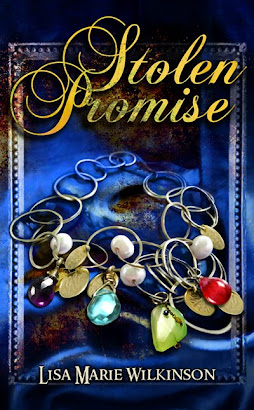My Advance Reader Copies (aka “ARCS”) were distributed with the same content contained in my original manuscript submission. That is, with every content, grammar, syntax and what-have-you type of error committed by yours truly during the writing of my Great American Historical Romance novel.
The timeline to publication required by my publisher necessitated that I did not receive my edits until recently, and so I’ve had several months to hear about the overall edit experience from other writers, including those who write for other houses.
It’s interesting, this mysterious process of editing. The specifics of the method seem to vary from publisher to publisher. There are publishers who employ no editors (these folks must also like to bungee-jump off the precipice of Niagara Falls for kicks and giggles, too) to publishers who assign specific editorial tasks across multiple editors. My publisher believes in the value of an editor, I’m happy to report.
There seems to be a general consensus among writers that edits arrive at the worst possible moment. Examples cited to me that tend to support this theory: edits received on the day one’s spouse or beloved parent passed away, edits that hit the inbox while the writer was away on vacation, a 72 hour contractually required turn around when the writer had contracted a severe case of the flu and had a fever of 102…these are just a few of the horror stories I’ve heard. In my own case, I received my edits on a Friday morning after I had been scheduled to work the entire weekend. My edits were due back by early the next week. Not the worst scenario, but I think we’ve already established that I’m a worrier.
For months prior to receiving my edits, I anguished over how extensive the edits might be. A writer friend who also writes for the same publisher encouraged me by saying that the senior editor who purchased my book would not have purchased a book with any major flaws. Still, I’d also heard reports that this editor had a long list of pet peeves, and although I had scoured my submission and attempted to remove as many of these verboten items as possible, I was worried. So, it was with a great sense of foreboding that I downloaded the file attachment of my manuscript from my Yahoo Inbox.
I opened the file and started to scan through the document, my heart racing as the pages flew by and I searched for editorial comments. The instructions to me were to review and approve the edits. Approve? I didn’t think that instruction really stated the case with accuracy. Basically, the edits are the changes the editor is proposing to make; and a debut author is not wise to argue each point. There is a tacit understanding that the editor knows best. As I reviewed the editor’s comments and her proposed changes, I saw the value in that position. I noted some idiosyncrasies, for example, my editor has an aversion to the word “small,” therefore, almost every instance of the word had a substitution such as “modest,” or “little” inserted. She noted my bad habit of substituting pronouns in place of proper names (a technique I picked up after a contest judge scored me low because she felt I used my character names too often and suggested I use more pronouns). I concurred with my editor, and in fact, agreed with the majority of her suggested changes. I picked my battles and inserted a comment with (what I hoped was) a cogent explanation each time I felt strongly that I wanted the original to stand. It took only a few hours to review the entire manuscript and add my comments. A few days later, I inquired and was told that my suggestions had been accepted and my book had now entered the production phase, bringing it one step closer to my March 2009 publication date.
What have I learned from the experience? That edits are only to be feared if one has an unskilled editor.
Subscribe to:
Post Comments (Atom)

No comments:
Post a Comment